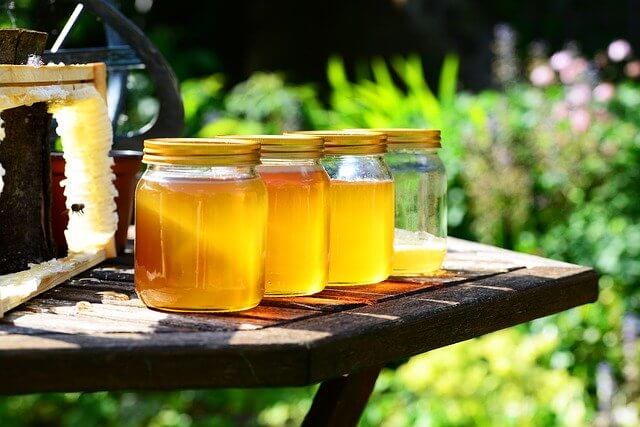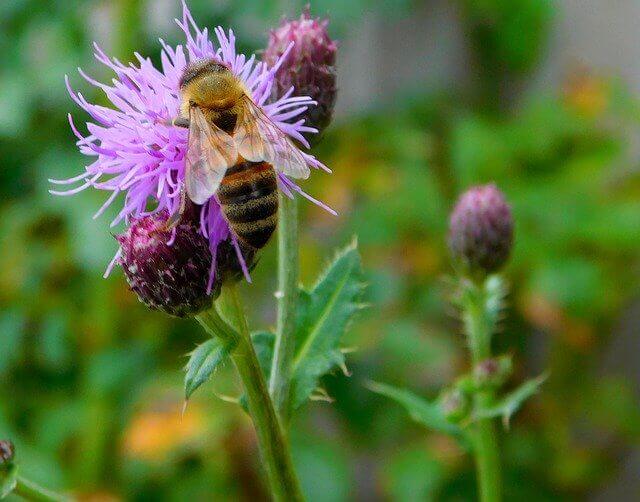It’s no secret we all need to be doing something to save the bees. Pesticide exposure and habitat destruction mean populations of important pollinators are declining rapidly around the world. A new study finds some countries are doing a better job of saving them than others.
Arena Flowers has analyzed data from the United Nations to find which countries are experiencing significant increases in beehive populations.
The Losers
Many countries have experienced major decreases in beehive populations since 2007, including Italy, down by 56%, Palestine (-43%), and Egypt (-35%).
The Winners
But the news is not all bad. According to the research, the global population of beehives has increased by 50 million in the last 50 years.
In Central Asia, Uzbekistan is leading the pack with a 307% increase in beehives since 2007! Mongolia is in second place with a 281% jump, followed by New Caledonia (274%) and Serbia (218%).
The Secret?
The countries that have seen the biggest explosions in bee populations pay special attention to the art of beekeeping.
In the case of the world leader, Uzbekistan, the beekeeping industry is always expanding and developing.
Relationships have been formed with specialists from around the world; best practices are applied and used in the industry daily.
 According to AzerNews, the domestic market there is saturated with affordable and high-quality honey products, which have a positive impact on production in the country.
According to AzerNews, the domestic market there is saturated with affordable and high-quality honey products, which have a positive impact on production in the country.
Beyond the economic benefits, a UN report says the continued development of beekeeping in the region has helped the environment through the widespread pollination of food and flower crops. Biodiversity in the country is booming!
Bees Vital To The Environment
According to the FAO’s report “Why Bees Matter,” three out of four food crops around the world depend in part on pollinators.
A boost in the number of bees buzzing around improves crop yields. Pollinators affect 35% of global agricultural land and support the growth of 87 of the leading food crops worldwide.
We need bees to help us grow nutritious food. We need them for life.
How We Can Help
While you may not be a beekeeper, there are many things you can do at home to help declining bee populations.
Garden Culture’s Anne Gibson offers many ideas in this fantastic article. A quick rundown of her ideas include:
- Building insect hotels.
- Completely eliminating the use of any chemicals on your property.
- Offering bees a place to drink and bathe in freshwater.
- Planting bee-friendly flowers in a variety of colors that provide nectar and pollen.
Arena Flowers also recommends mowing your lawn less often, so bees can enjoy dandelions and clover.
